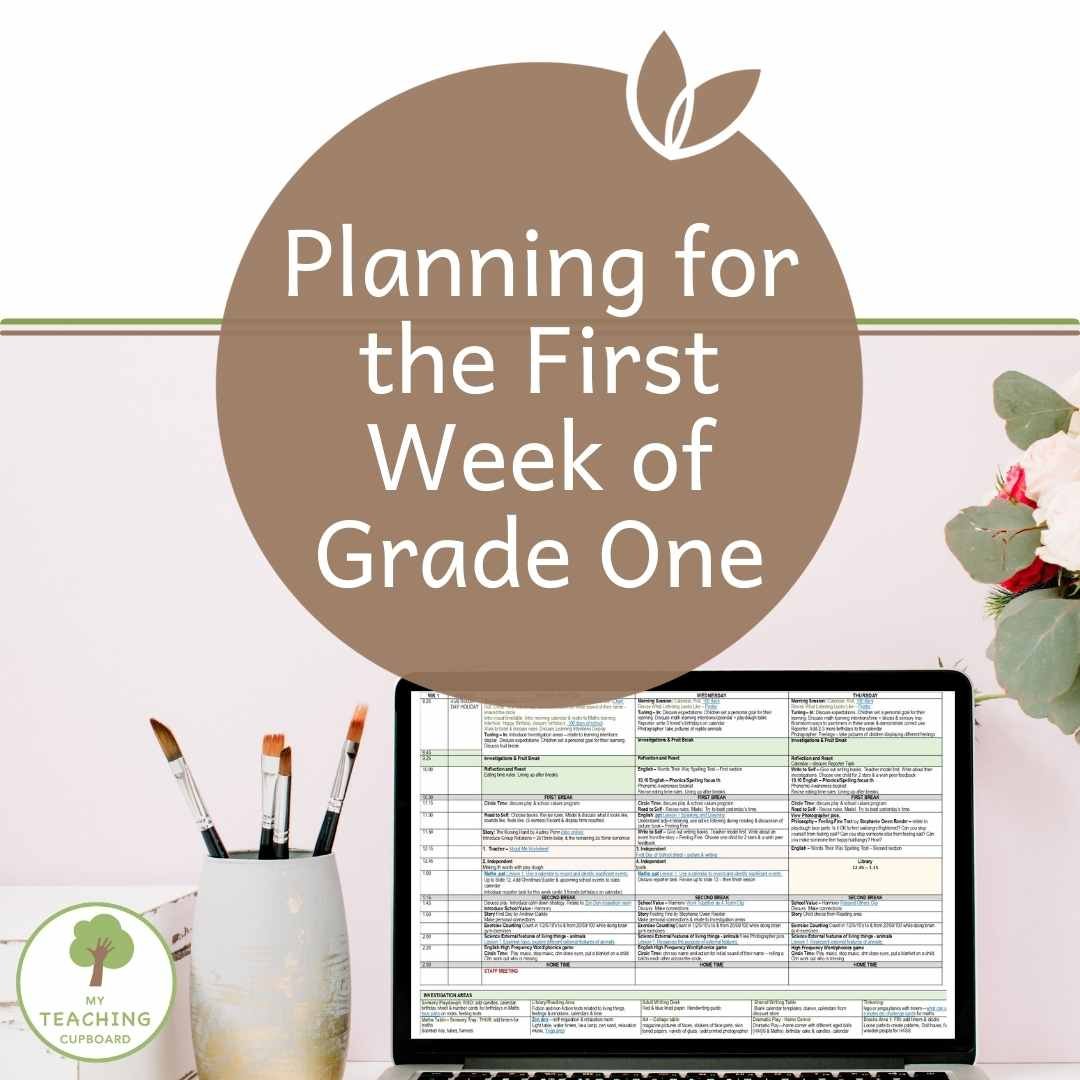
Reflect and Adjust Plans After the First Week
The initial week in grade one is always a learning experience-not only to you but to your students too!
By monitoring your class as they get ready to establish routines, take on new challenges, and learn to connect with one another, you will quickly learn a great deal about their special needs and skills. Genuine! Not only will they guide you in planning your next few weeks better, but they will also keep your classroom positive, productive, and exciting.
Flexibility can be regarded as one of the most essential aspects of my planning concerning the first week.
Although my plan contains particular lessons and activities, I do not hesitate to change them in case they are not going well. I would explain my processes in my practice.
These are some of the real life situations that can be identified:
Level of Engagement: In case I observe low engagement within a lesson, I will alter it, through adding movement/hands-on activities. An example is when I teach a math concept that seems abstract, so I will transition to using actual concrete objects, or a playful activity to make the lesson more concrete.
Social Dynamics: Paying attention to the pattern in which students interact is one method of informing me of how I can be better. Group activities and practices can also be included to help a group who may not be working well together, e.g team building or other team games.
- At the end of week, I keep my notes at hand and reflect about our first week of school activities.
- I see what should be continued and what requires improvement. For example:
- Should there be some topic students were extremely interested in, I would include them in next week or area of investigation.
- In situations where routines were not quite in place on day one, I leave longer time on day two of school to model and practise expectations.
It is good to have a good plan of the first weeks of school but also the skill to adapt to new information about students in the first grade. Your weekly plan provides a fantastic foundation, but it is your observations and your openness to changing course that will make each student feel supported and engaged.
It is important during first week of grade one to have flexibility.
When you monitor your students, expect to adjust your plans.
A few of the activities might require more time than anticipated, others might need to be simplified, or require some enhancement. Take notes during the day and base the next day plans on them.
For example:
- When students are feeling overloaded by rotations within stations, narrow the number of stations or augment the amount of teacher- facilitated support.
- When the children indicate special interest in a topic during Investigations, carry that interest along by using in the whole-class lesson or other activities.
- By incorporating the structured routines and flexibility and by noting the needs of your students, you will be able to select the classroom atmosphere that is purposeful yet responsive.
- Not only does this style facilitate academic development it also helps to instill a passion of learning starting during the very first week.
- A tiny bit of planning and a lot of watching, thinking and adjusting will create a climate where your students feel they can succeed and develop a sense of self when it comes to the rest of your classes.
Evolved Planning
- Grade one planning does not fit in a one size fits all.
- Something I have already emphasized is that, in the first week, you should observe student reaction to various activities and routines.
- Make notes using an observation checklist, such as my free Investigation Time Observation Checklist, to take note of such areas as:
The capacity of students with able to work on sustained independent work.
- Social flows in a group and partner activities.
- Hand/fine-motor coordination in writing or manual (hand skills) tasks.
- Creative and critical thinking in the play-based Investigations.
For example:
Suppose you see some of the students have difficulties with fine motor skills, e.g. cutting or writing, you may schedule more activities that will develop skills. One of my favourites is the playdough modelling or even the tracing exercises.
When a group actively participates in one of the collaborative STEM projects, you can experiment with expert next steps to center more around teamwork and problem-solving.
